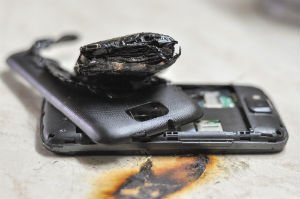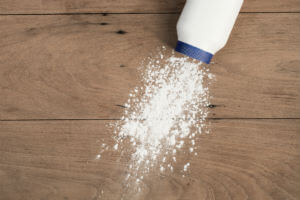 As a consumer of products, you have certain rights when it comes to ensuring that a product being manufactured is safe to use. Luckily there are regulations to protect consumers from defective and dangerous products on the market.
As a consumer of products, you have certain rights when it comes to ensuring that a product being manufactured is safe to use. Luckily there are regulations to protect consumers from defective and dangerous products on the market.
If you were injured by a defective product, you may have a valid claim against one or more parties responsible for your injuries. An experienced South Bend product liability lawyer from Pfeifer, Morgan & Stesiak can discuss your legal options during a free initial consultation.
What Is Product Liability?
Product liability refers to an area of personal injury law based on injuries that consumers sustain due to dangerous or defective products. According to Indiana’s Product Liability Act, a product is considered defective if it presents an unreasonable danger to consumers who are expected to use the product in the way it was intended.
A product may be defective based on any of the following:
- Design – A design defect occurs when a product at its inception presented an unreasonable risk of harm. Products with design defects are inherently unsafe.
- Manufacturing – A manufacturing defect occurs when there is some mistake made during the manufacture or assembly of a product so that a certain number of products are defective.
- Marketing – Mistakes in the way a product is marketed can also make a product defective, such as not having proper safety warnings or insufficient instructions.
Defective products can result in serious injuries and even death. All parties involved in the manufacture and sale of products are expected to deliver safe products that are free from defects. Product liability lawsuits hold negligent manufacturers and others responsible when products cause harm to consumers.
Common Defective Products
Any product on the market can potentially be defective. Common types of defective products include:
- Automobile components – Problems with various components of a defective vehicle may pose serious risks to consumers. Examples of defective components include brakes, tires, airbags, emission systems and ignition switches. In other situations, the design of the vehicle may compromise safety. For example, SUVs that are top heavy are more prone to rollover accidents.
- Industrial equipment – Industrial equipment and machinery, such as forklifts or power tools, may be defective. These defective products put workers in danger of serious injury.
- Medical devices – Medical devices that have design or manufacturing defects can put patients’ lives at risk. Additionally, improperly labeled medication can result in serious injuries or death.
- Children’s products – Children’s products are often reported as defective when they pose choking hazards, are made with dangerous elements like lead or are not flame-retardant. Car seats, toys, clothing and bedding are often recalled for these reasons.
- Household appliances – Small household appliances like coffee pots and toasters may cause fires or electrocution. Larger appliances may also pose dangers, including water heaters, stoves, air conditioners, heaters and refrigerators.
- Cleaning and other household products – Cleaning products, cosmetics and other household products can cause burn injuries, poisoning and and other injuries if they do not contain adequate safety instructions.
Liable Parties for a Defective Product
Generally, a consumer can pursue a product liability claim against any party involved in the chain of distribution. This may involve a claim against one or all of the following:
Manufacturer
The manufacturer stands at the beginning of the chain of distribution. Manufacturers can be large corporations or small producers of goods. You can pursue a case against the manufacturer of the entire product or one component, such as the manufacturer of faulty brakes.
Assembler
Many products are assembled by another company or at another site. If a defect is caused by the assembly of the product, you may choose to name the assembler as another liable party in the lawsuit.
Wholesaler
Wholesalers, suppliers or distributors may also be involved in the chain of distribution. These parties may be potentially liable for a defective product.
Retailer
You may also be able to pursue a claim against the retailer that sold you the defective product even if the retailer had no role in the manufacture of the product.
Consult a South Bend Attorney Today
If you were harmed by a defective product, you could be entitled to file product liability claim.
An experienced South Bend personal injury attorney from Pfeifer, Morgan & Stesiak may be able to help you identify and hold any parties involved accountable for your injuries. We can discuss your legal options during a free initial consultation.
There are no upfront costs or fees involved. We only charge if we help you recover fair compensation.
Call (574) 444-0741 to get started.












